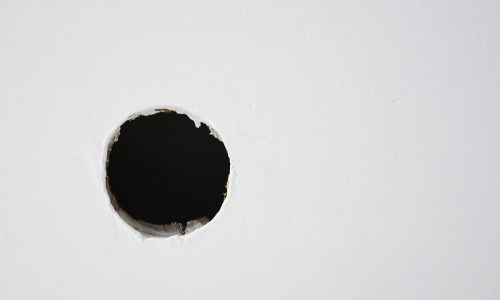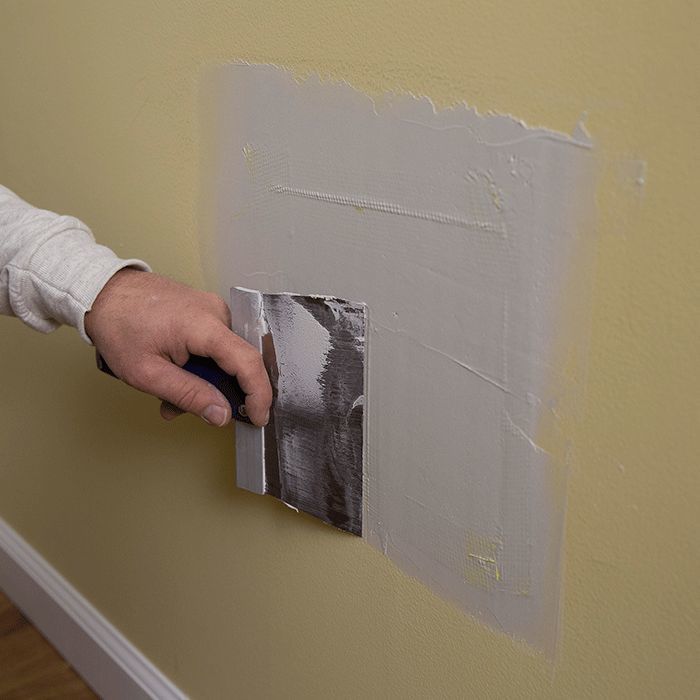A Comprehensive Overview to Mastering Drywall Fixing and Installation
This guide offers a detailed exploration of drywall repair and installment, accommodating both amateurs and skilled experts. It details crucial tools, methods for patching and hanging sheets, and the important finishing processes. drywall contractor. By understanding typical risks, individuals can accomplish sleek outcomes. Grasping these abilities not only enhances one's home however likewise develops confidence in DIY ventures. What fundamental ideas will assure an effective project from begin to end up?
Important Devices for Drywall Fixing and Setup
When starting on drywall fixing and installment, a couple of vital tools can significantly enhance the effectiveness and top quality of the work. A drywall knife, generally available in numerous dimensions, is important for using joint substance and smoothing seams. A taping knife is also needed for feathering sides and making certain a seamless finish. Additionally, a drywall saw or utility knife permits precise cutting of drywall sheets to fit any kind of room.

Step-by-Step Overview to Patching Holes
Patching openings in drywall is a straightforward process that can restore the wall surface's look and stability. To begin, the area around the hole need to be cleaned up and any kind of loose debris removed. For tiny openings, a straightforward spackle or joint compound can be applied with a putty knife. Bigger openings may need a spot; a piece of drywall can be cut to fit the hole, protected with glue or screws, and after that taped around the sides. As soon as the patch is in location, joint substance is used over the patch and feathery bent on mix with the surrounding wall. After the compound dries out, sanding is essential to accomplish a smooth finish. The repaired location can be topped and painted to match the remainder of the wall. This method guarantees a seamless repair work, boosting the general look of the drywall and maintaining its structural stability.
Techniques for Hanging Drywall Sheets
After successfully repairing holes in drywall, the following action includes hanging new drywall sheets to produce a seamless surface. To accomplish this, one need to start by gauging the wall surface area precisely and cutting the drywall sheets to fit. It is vital to hang the sheets flat for much better architectural stability, beginning with the top and working downwards.
Using a drywall lift can streamline the process, specifically for ceiling installations. As soon as positioned, safeguarding the sheets with drywall screws at intervals of concerning 12 inches along the edges and 16 inches in the area is necessary. This guarantees a strong hold and decreases the risk of drooping. For corners, the sheets should be reduced to fit snugly, enabling cleaner seams. It is advisable to startle the joints between sheets to reinforce the general structure, producing a more long lasting surface ready for the following phase in the drywall setup process.
Ending Up Touches: Insulation and Mudding
Finishing the drywall setup includes the important actions of taping and mudding, which guarantee a smooth and refined coating. Insulation calls for the application of joint tape over the seams in between drywall sheets. drywall contractors. This tape can be either paper or fiberglass fit together, with each type offering special advantages. After taping, the following action is mudding, where joint substance, or "mud," is related to cover the tape and fill up any kind of imperfections
Using a drywall knife, the substance ought to be spread out evenly, making sure a feathery side to decrease visible adjustments. Multiple layers are typically necessary, with sanding in between each layer to accomplish a seamless surface area. Mindful attention during this procedure is vital, as it substantially influences the final look of the wall surface. With the right method and perseverance, completion outcome will certainly be a remarkable foundation all set for painting or completing touches.
Typical Blunders to Stay Clear Of in Drywall Projects

An additional usual mistake is not enabling enough drying time between layers, which can trap wetness and compromise the surface. In addition, neglecting to feather the edges correctly can produce visible lines and flaws. Ultimately, missing sanding or using improper methods might leave harsh areas. By being conscious of these risks, people can substantially boost the top quality of their drywall tasks and accomplish a professional-looking surface.
Frequently Asked Inquiries
Can I Fix Drywall Without Professional Aid?
Yes, one can fix drywall without expert aid. With the right devices, materials, and advice, people can effectively deal with minor repairs. However, substantial damages might need expert competence for perfect outcomes and longevity.
How Much Time Does Drywall Substance Take to Dry?
Drywall compound generally takes between 24 to 48 hours to completely dry entirely, depending on variables such as humidity and temperature level. Thinner layers might dry quicker, while thicker applications require more time for ideal outcomes.
What's the very best Type of Paint for Drywall?
The most effective type of paint for drywall is generally a water-based latex paint. It supplies outstanding coverage, durability, and simplicity of application, making it optimal for interior walls while permitting easy clean-up with soap and water.
/Bhg-how-to-patch-dry-wall-hero-2431_ErCJ7v2pKcVADoq5rBc19m-9bc6054b40c84af4bd3ba2b19b3693b9.jpg)
Exactly how Do I Protect Against Mold And Mildew on Drywall?
To avoid mold on drywall, guarantee proper air flow, control moisture degrees, utilize mold-resistant materials, and immediately deal with any type of leaks. Normal inspections and immediate removal of water damages are likewise necessary for lasting avoidance.
Is Drywall Recyclable After Elimination?
Drywall is recyclable after removal, supplied it is free from contaminants like mold and mildew, paint, or other harmful materials. Reusing centers can refine it right into new products, advertising sustainability and decreasing landfill waste in building.
When starting on drywall repair service and installation, a few vital tools can significantly improve the efficiency and quality of the job. After successfully fixing holes in drywall, the next action involves hanging brand-new drywall sheets to produce a smooth surface area. Completing the drywall installation entails the important actions of taping and mudding, which guarantee drywall contractors a sleek and smooth coating. Attaining a sleek surface in drywall projects can be difficult, and numerous typical mistakes can undermine the top quality of the work. Yes, one can repair drywall without specialist assistance.